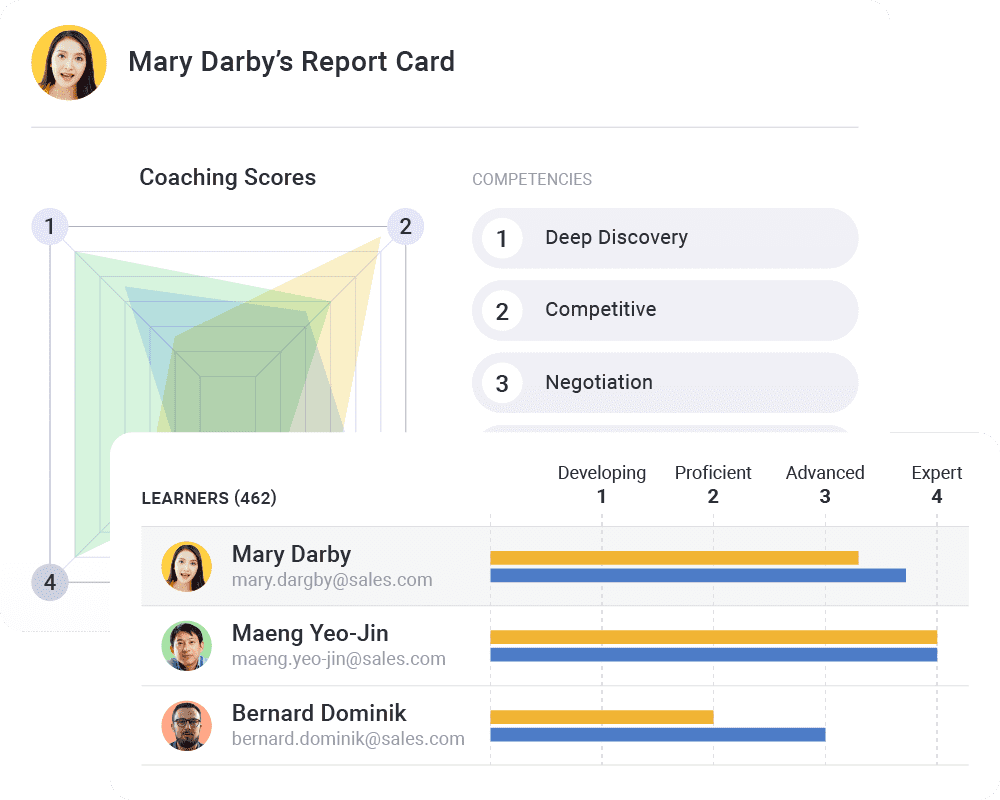Podcast: How American Express Builds Long-Term Selling Skills
![]() Vivian Batman
on
July 5, 2023
Vivian Batman
on
July 5, 2023
Episode summary
In this re-airing of an episode of Ready Set Sell, Hannah interviews Jeffrey D. Hatchell, an accomplished author and the Vice President of U.S. Sales Enablement & Global Leadership at American Express. With extensive experience as both a sales leader and a performance coach, Jeffrey brings valuable insights to the table. He is also the author of the highly regarded book, The Inspired Career, which focuses on inspirational leadership. Currently, Jeffrey leads a sales enablement organization dedicated to equipping salespeople and their leaders with the necessary skills to enhance their effectiveness with customers and prospects.
During their conversation, Hannah and Jeffrey delve into the concept of leading an inspired career. They explore how sales professionals can develop a deeper awareness of their own potential and discuss practical steps individuals can take to improve their leadership abilities. Jeffrey emphasizes the significance of transforming followers into leaders and cultivating leaders who can drive positive change within their organizations. He also sheds light on his role as an advocate for the Black community in the business world.
Overall, this engaging episode provides valuable insights into the pursuit of an inspired career, the importance of self-awareness for sales professionals, and the initiation of leadership skill enhancement. Furthermore, it highlights Jeffrey’s commitment to empowering individuals and fostering positive change within the business community, particularly in support of the Black community.
Keep checking back here to see more videos of our podcast.
Listen and subscribe wherever you listen to podcasts:
- Listen on Apple Podcasts
- Listen on Spotify
Get the full archive of previous Ready, Set, Sell episodes by clicking below.



